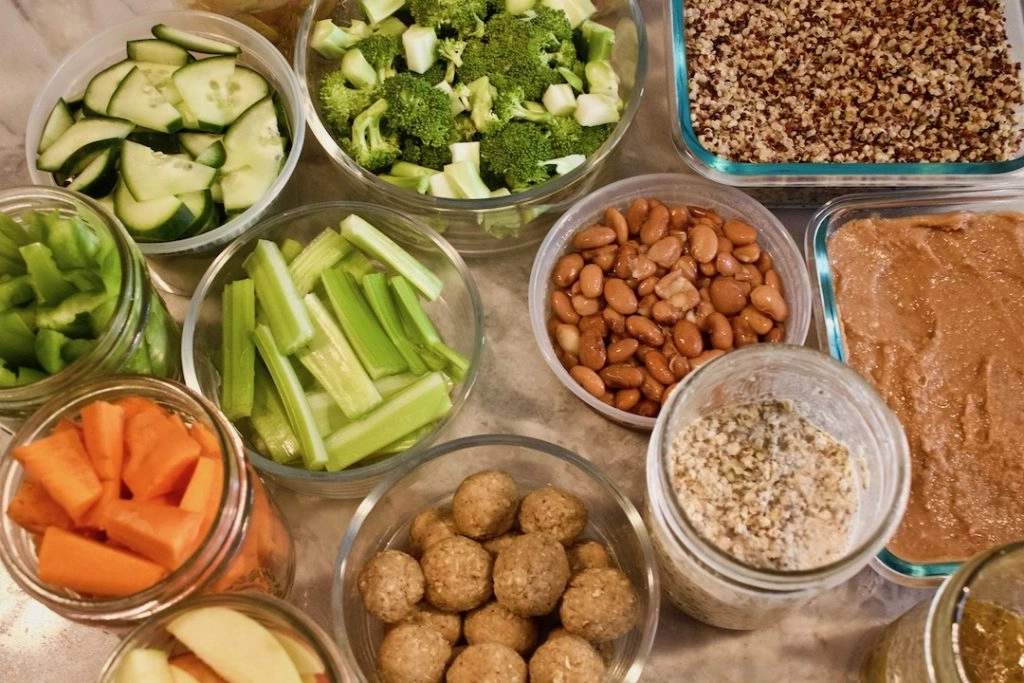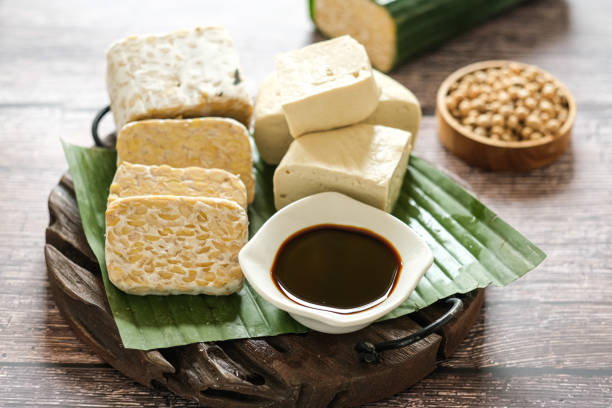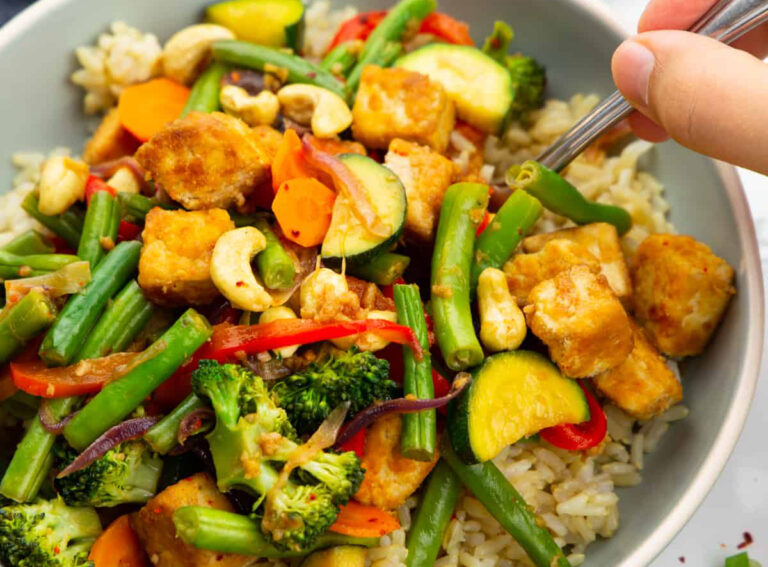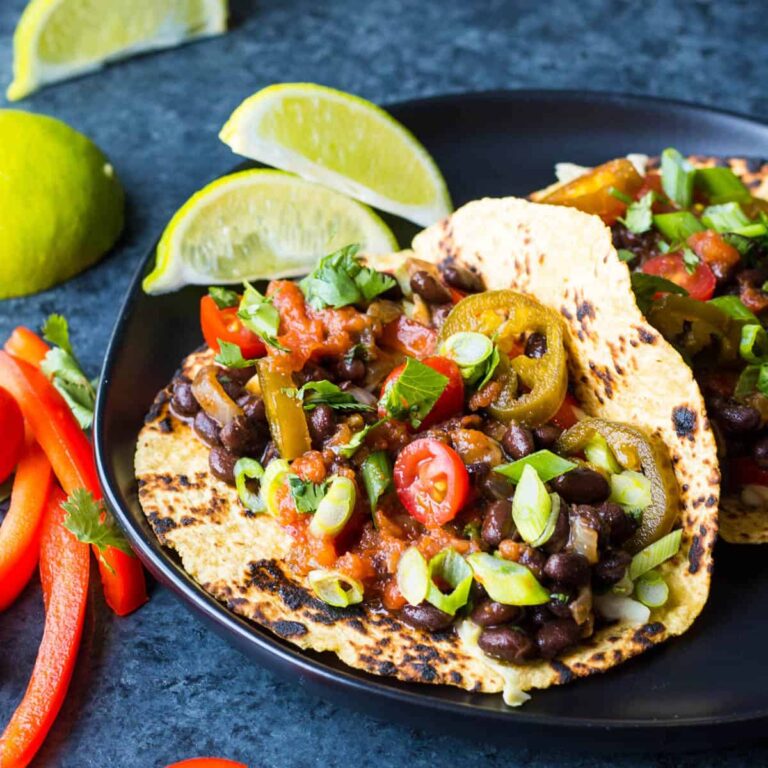10 Mistakes Vegans Make (And How to Avoid Them)
Becoming vegan can be an awesome choice for your health, the planet, and animals. But if you’re new to it, it’s easy to make some mistakes. Here are ten common mistakes that vegans make and how to avoid them so you can stay healthy and happy on a plant-based diet.
1. Not Eating Enough Protein
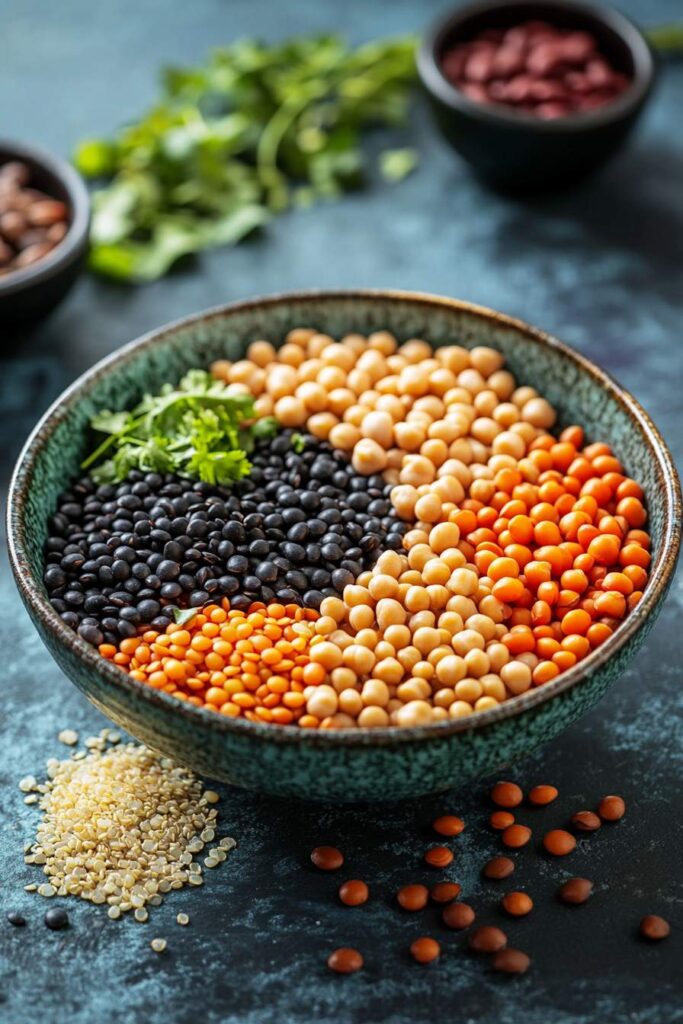
One big mistake new vegans make is not getting enough protein. Protein is super important for energy and keeping your muscles strong. If you don’t get enough, you can feel tired. Luckily, there are lots of plant-based proteins like beans, lentils, chickpeas, quinoa, and tofu that you can eat.
Here are some quick, easy meals you can try:
| Meal | Ingredients | Protein Content (approx.) |
|---|---|---|
| Chickpea Salad | Chickpeas, cucumber, tomato, lemon dressing | 15g per serving |
| Tofu Stir-Fry | Tofu, mixed veggies, soy sauce | 20g per serving |
| Lentil Soup | Lentils, carrots, onion, garlic, spices | 18g per serving |
| Quinoa & Black Bean Bowl | Quinoa, black beans, corn, avocado | 22g per serving |
| Peanut Butter Banana Smoothie | Almond milk, banana, peanut butter, flax seeds | 12g per serving |
It’s also a good idea to track your protein when you’re starting out to make sure you’re getting enough. Eating different protein sources during the day can also help keep your meals fun and nutritious.
2. Eating Too Many Processed Foods
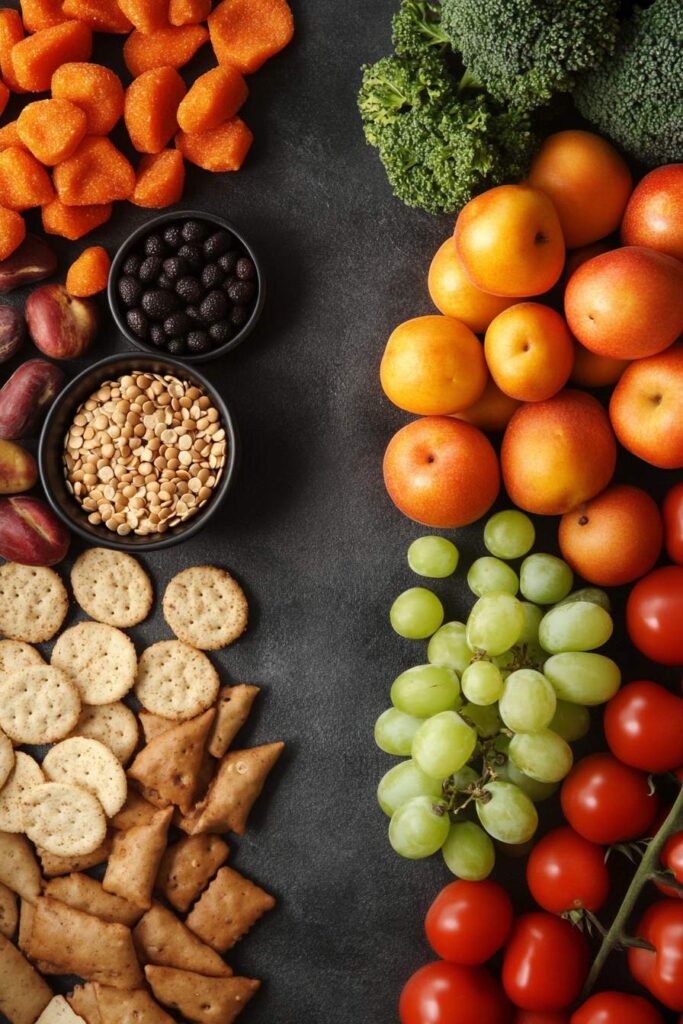
With so many vegan snacks and ready-made meals available, it can be tempting to eat vegan cookies, frozen meals, and other quick options. While these are okay once in a while, eating them all the time can leave you low on nutrients and not feeling your best.
Processed foods often have lots of added sugar, salt, and unhealthy fats. Instead, focus on whole foods like fruits, vegetables, grains, legumes, and nuts to stay energized and healthy.
Here are some tips to stay on track:
- Plan your meals around whole, healthy foods.
- Stock up on fresh produce, grains, and legumes.
- Keep healthy snacks like nuts and fruit nearby.
- Avoid too many processed vegan foods when you can.
3. Ignoring Nutrients Like B12 & Omega-3

Some nutrients, like Vitamin B12 and Omega-3 fatty acids, can be harder to get on a vegan diet. Vitamin B12 helps with making red blood cells and keeping your nervous system healthy, but it’s mostly found in animal products. Vegans should eat foods with added B12 or take a supplement.
Omega-3 fatty acids are good for brain health and are usually found in fish. You can get them from algae-based supplements or from flaxseeds, chia seeds, and walnuts.
4. Not Planning Meals Well
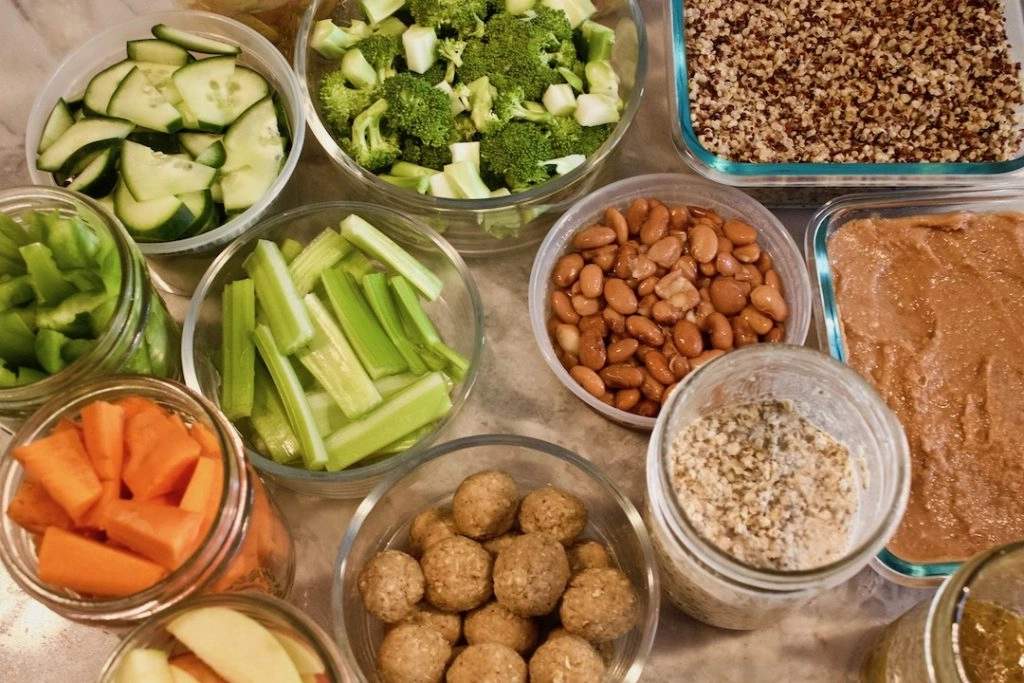
Meal planning is super important to stay healthy as a vegan. Without planning, it’s easy to eat unhealthy foods or miss important nutrients. Spending some time at the start of each week to plan and prep your meals can make a big difference.
Meal prep doesn’t need to be complicated. You can cook some grains, roast veggies, and make a protein-rich stew to keep you going all week.
5. Skipping Iron-Rich Foods
Iron is another important nutrient to focus on as a vegan. There are many plant-based sources of iron like leafy greens, beans, and seeds, but plant-based iron (called non-heme iron) isn’t as easy for the body to absorb as iron from animal products.
To help your body absorb iron, eat foods high in Vitamin C with iron-rich foods. For example, add citrus fruits to a spinach salad or bell peppers to a lentil dish.
6. Expecting Every Restaurant to Have Vegan Options
While more restaurants are adding vegan dishes, not all of them do. If you’re planning to eat out, it’s smart to check the menu online or call ahead to see if they have vegan options. Bringing a snack can also be helpful in case there aren’t any good choices.
Some vegan-friendly restaurant chains to consider are Veggie Grill, The Loving Hut, and Plant Power Fast Food. You can also use apps like HappyCow to find vegan options nearby.
7. Forgetting About Calcium
Calcium is important for strong bones, and many people think it only comes from dairy. But there are lots of plant-based sources of calcium too, like fortified plant milk, tofu, almonds, and dark leafy greens like kale.
Make sure to eat calcium-rich foods often to keep your bones healthy.
8. Thinking All Vegan Foods Are Healthy
Just because a food is labeled “vegan” doesn’t mean it’s healthy. A lot of vegan snacks are high in sugar, bad fats, and additives.
It’s important to read food labels and know what’s in what you’re eating. Whole foods that are minimally processed are the best choices for staying healthy.
9. Not Eating a Variety of Foods
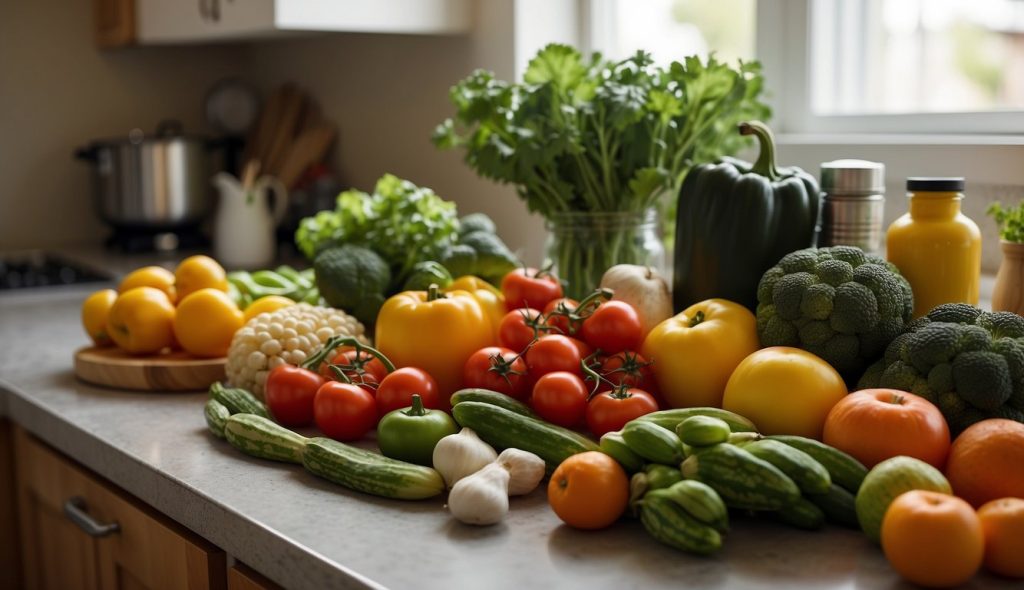
If you eat the same foods every day, you can get bored and miss out on important nutrients. A balanced vegan diet needs lots of different vitamins, minerals, and antioxidants.
Try new veggies, grains, and legumes to keep your meals exciting and make sure you’re getting all the nutrients you need.
Here is an easy-to-follow plan:
| Step | Action | Description |
|---|---|---|
| 1. Plan Your Meals | Weekly Meal Prep | Take time to plan and prep meals to ensure balanced nutrition. |
| 2. Focus on Variety | Include Different Veggies & Grains | Add diverse vegetables, grains, and proteins to stay nourished. |
| 3. Monitor Nutrients | Check for B12, Iron, Calcium | Make sure you are getting essential nutrients through food or supplements. |
| 4. Stay Educated | Read and Learn | Keep informed about vegan nutrition through books and experts. |
- Try different kinds of vegetables, grains, and legumes.
- Switch up your protein sources like tofu, tempeh, beans, and lentils.
- Use seasonal produce to make your meals more interesting.
- Experiment with new spices, herbs, and ways of cooking to add flavor.
10. Not Learning Enough About Nutrition
Switching to a vegan lifestyle takes some learning. If you don’t take the time to learn about nutrition, it’s easy to make mistakes that can hurt your health. Reading books, following nutritionists, or even talking to a dietitian can help you understand what your body needs.
The more you know, the easier and healthier your vegan journey will be!
Final Thoughts
Going vegan is a powerful choice, but like any big change, it comes with challenges. By avoiding these common mistakes, you can stay healthy, feel great, and enjoy all the benefits of a plant-based diet. Remember, balance, planning, and variety are the keys to success!
